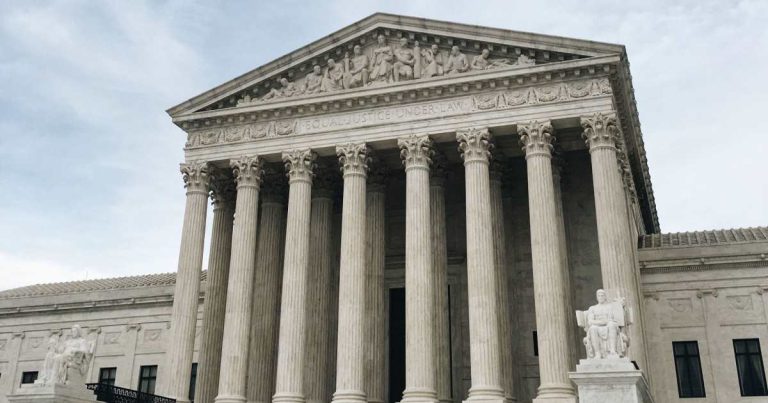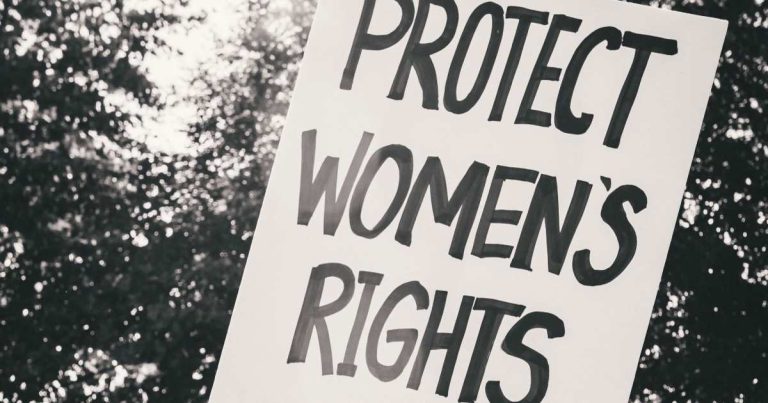Income Inequality is Increasing in the United States
This article is from the chapter “Finding a Path to Economic Justice,” in Destiny: Our Global Community by Robert L. McCan
In 2016, the Congressional Research Report found that income inequality has been increasing steadily since 1970. In fact, between 2000 and 2015, incomes went down for the bottom 60% of the work force, while they increased dramatically for those who are rich:
- In America, the 400 richest families have accumulated more wealth than the poorest 80 million households.
- Since 1978, the CEOs of large corporations have been rewarded pay increases of 1,000%, while the workers in those companies have lost buying power from their pay checks in the amount of 11%.
- Since 1992, the top five percent has captured 74% of the wealth created by the country.
- A Federal Reserve report found that over the past 30 years, the wealthiest 1% saw their net worth grow by $21 trillion, while the net worth of the bottom 50% of the population fell by $900 billion.
A 2018 report by the Organization for Economic Cooperation and Development (OECD) shows the labor and income equity record of the United States as compared with 34 other leading advanced nations of the world:
- Only two of these countries have higher income inequality or a higher percentage of citizens living in poverty than the United States. They are Spain and Greece, whose economies have been ravaged by the Euro, and perhaps also by internal corruption.
- The United States and Mexico are on the bottom rung of the ladder when it comes to the way employers treat their workers. For example, they are the only countries in the study that do not require giving advance notice before firing an employee. The United States ranks at the bottom of the 34 countries as the worst nation for employee protection, with an average of one in five workers losing or choosing to leave their job each year.
- The poor protection of workers is attributed to weak public policy and to the small percentage of workers protected by labor union contracts. Of all the nations surveyed, only Turkey and South Korea have ever had fewer than 12% of workers belonging to a union, the current level of union membership among employed persons in this country.
- The United States spends less on helping the unemployed find work than any other of the 34 nations in the study.
Rethinking the Tax Cut and Jobs Act
Despite the income inequality in the U.S. and the hardships endured by American workers relative to those in other advanced countries, Republicans have done everything in their power to further direct the flow of wealth and income in this country toward those at the top.
Income inequality was greatly increased when the Republican Party, supported by President Trump—without a single Democrat’s vote—passed into law “The Tax Cut and Jobs Act” on December 17, 2017. This law had been the dream of Republicans for a generation. Thousands of rich people made lavish gifts to support the GOP with the hope and expectation that their money would result in a tax code that benefitted them even more. Many Republican legislators said openly that passing this tax law had achieved their primary goal of running for office, and House Speaker Paul Ryan said he could retire because he had achieved his primary goal in Congress.
This new Republican law demonstrates that the tax code is the fundamental way to distribute the economic benefits of the nation; however, this law shapes the economic outcome in precisely the opposite way from that needed for the long-term health of America. More than half of the tax savings went to corporations that were already flourishing with record profits. The lion’s share of those corporate tax breaks did not improve employee compensation and benefits. Rather, they were used to buy back corporate stock, with the effect of raising the value of the shares and thus further enriching the large shareholders.
According to USA Today, a Bank of America analysis found that fewer than 45 of 500 big corporations in the S&P 500 paid out cash bonuses to workers or benefitted them specifically in any other way with the tax rebates, even though “helping the workers” was a prominent rationale for the tax cuts.[iii]
According to an analysis reported in Newsweek, in the 1960s the rich paid close to 60% of their earnings in taxes and the bottom half paid just over 20%. After the December 2017 tax law, the 400 richest families paid 23% in 2018 and the bottom 50% paid 24.2%. The article pointed out that for the first time in the last hundred years, billionaires paid less in taxes than steel workers or school teachers as a percentage of income.
Warren Buffett noted in a letter alongside his firm Berkshire, Hathaway’s 2018 annual report that the company made more than $29 billion overnight due to the tax cut, “not from anything we accomplished at Berkshire.”
Further, between 2017 and 2018, the number of Fortune 500 corporations that paid no income tax doubled from 30 to 60—with a collective profit of $79 billion dollars—because of Republican tax changes benefitting giant corporations.
The tax cut will add at least $1.5 trillion each year to the federal debt by 2028, despite the slight-of-hand ending all benefits to individuals in 2025. Furthermore, the Committee for a Responsible Federal Government estimates that the tax law of December 2017 hid between $570 billion and $725 billion of red ink, so the actual final deficit will probably be $2 trillion to $2.2 trillion annually.
Just before President Trump signed the bill into law, House Speaker Paul Ryan (R-WI) gave a speech on the urgent need for “entitlement reform” to “tackle the debt and the deficit,” when, in fact, the Ryan/Republican plan did the opposite by rewarding the rich with huge tax cuts that cause the federal debt to explode. Then, after the rich have siphoned most of the nation’s income and wealth into their own coffers, these Republicans claim the only way to reduce the debt is to cut entitlement programs that benefit the poor and the elderly!
Perhaps the most blatant deception in the Republican presentation to the public was to insist that the tax cuts would pay for themselves. This mantra has been falsely and constantly repeated since the Presidency of Ronald Reagan—and such cuts have NEVER paid for themselves.
Finally, they insist that none of the proposals that improve the lot of most citizens is feasible. Every investment or expense that benefits the 99%, in their view, is wildly extravagant, and there is simply not enough money to even consider it.
The philosophical question is whether we want to be a nation of inherited wealth and privilege handed down through the generations, like the old-world nobility, or whether we want a society in which everyone has the opportunity to fulfill her or his potential—which is the modern version of the dream of our founders.
The Republican tax cut was a gift to the wealthy rather than an investment in the future health and economic prosperity of the nation. The repeal of this tax cut must be followed by a series of taxes on the wealthy that are designed to serve the common good.





